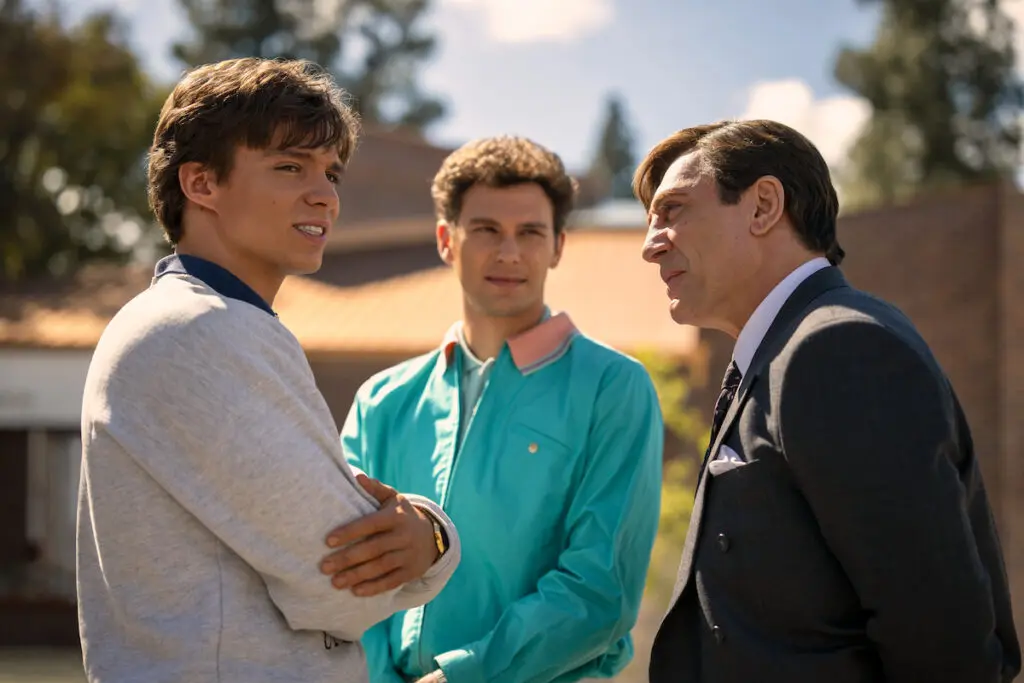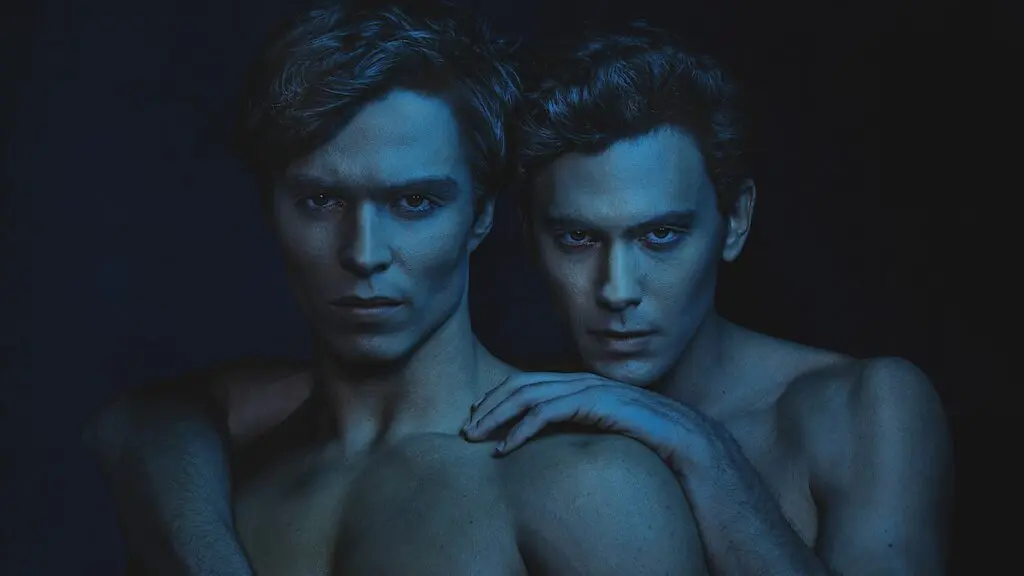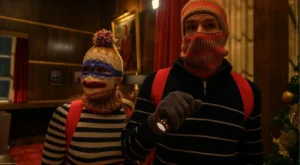Summary
Ryan Murphy has learned a few lessons from The Jeffrey Dahmer Story and Part 2 of the Monsters anthology is superior. However, it remains a mixed bag of Murphy’s best and worst impulses.
Monsters: The Lyle and Erik Menendez Story is quintessentially Ryan Murphy; a brutal crime, a salacious trial – two, in this case – and a media maelstrom to follow. Public outcry is the chaser to his shot of nastiness, ideally committed by person or persons who are shielded behind impenetrable walls of money and public adoration.
Exploring the connection between power and the ways in which it is abused often seems like Murphy’s main motivation, and power can come from unlikely sources. In The Jeffrey Dahmer Story, the first part of the showrunner’s anthological Netflix series Monsters, Dahmer’s power came from systemic indifference to the lives of homosexuals and then, later, a cult-like fascination with his sadism. Murphy made the crippling mistake of falling for that allure himself, and the first season of Monsters had an exploitative, leering quality as a result.
The Lyle and Erik Menendez Story fares better. The titular brothers were convicted in 1996 of the 1989 murder of their multimillionaire parents, José and Kitty. They were wealthy and privileged to begin with and became more so after they were orphaned, which is offered as the primary motivating factor in their crime. They’re both handsome guys who protest not their innocence but their justification, claiming to have been sexually, physically, and emotionally abused all their lives.
Money, looks, and perceived victimhood are weapons to wield in the court of public opinion, and Murphy explores the interplay between these factors to mixed, morally grey affect. As ever, he simply cannot get out of his own way, but the ambiguity of this story is more engaging, and its presentation of the horrors less salacious, than its wildly inferior predecessor.
Don’t get me wrong, this isn’t The People vs OJ Simpson – although OJ does make something of a weird cameo – but it hews closer to it than The Jeffrey Dahmer Story did. A backhanded compliment maybe, but a compliment nonetheless.

Monsters: The Lyle and Erik Menendez Story | Image via Netflix
Nicholas Alexander Chavez (Lyle) and Cooper Koch (Erik) are excellent here all the same. They’re awful by design; preening rich boys whose obnoxiously flamboyant lifestyle hides a laundry list of insecurities and traumatic incidents. Some of these are obvious – they murder their parents with shotguns in the first episode, and it’s such a dementedly violent scene that you can barely look at them as people afterward – but some are less so, like a more understated and faintly comical moment when Lyle’s mother rips his hairpiece off his head at the dinner table, revealing his baldness to his brother for the first time.
This is kind of the point. Lyle and Erik’s defence team claimed the brothers had suffered lifelong abuse at the hands – and potentially other appendages – of their parents, and Murphy seems to want to corroborate this defence to some extent. Javier Bardem and Chloe Sevigny play José and Kitty in flashbacks with a barely-repressed monstrous streak that suggests they are at least in part responsible for their own fates.
But it remains impossible to sympathize with the brothers, which is by design too. Their most vulnerable moments – Erik breaking down and confessing in a therapist’s office, say – are drowned out by interminable stretches of late-80s excess, since if there’s one thing Murphy enjoys more than even heinous crimes, it’s shopping montages.
The overall effect is an odd one. I didn’t find Monsters: The Lyle and Erik Menendez Story to be aggressively off-putting like its predecessor, but I did occasionally find it tone-deaf, clunky, and a bit silly. It’s harder to know where to stand on the case it depicts – though nobody comes out looking clean – and doesn’t linger over the brutality in the same way, but there’s probably a valid case to be made that it’s just as exploitative. The whole thing feels like Murphy at his best and his worst, and true-crime at its most interrogative and salacious; a mess of contradictions through and through.
But it will, of course, be wildly popular, and many more series just like it will be made, and we’ll be here again, sooner rather than later, pondering the same things. All the while, that Netflix subscription will keep being renewed. The story continues.
RELATED:




